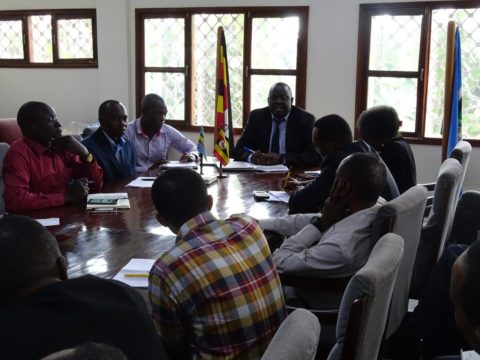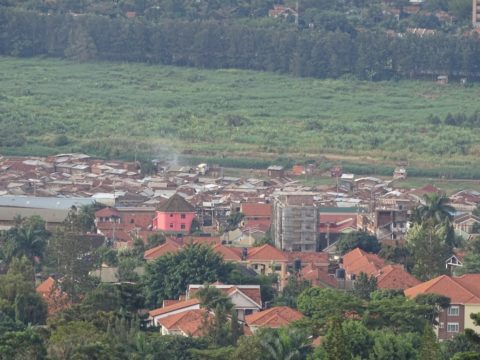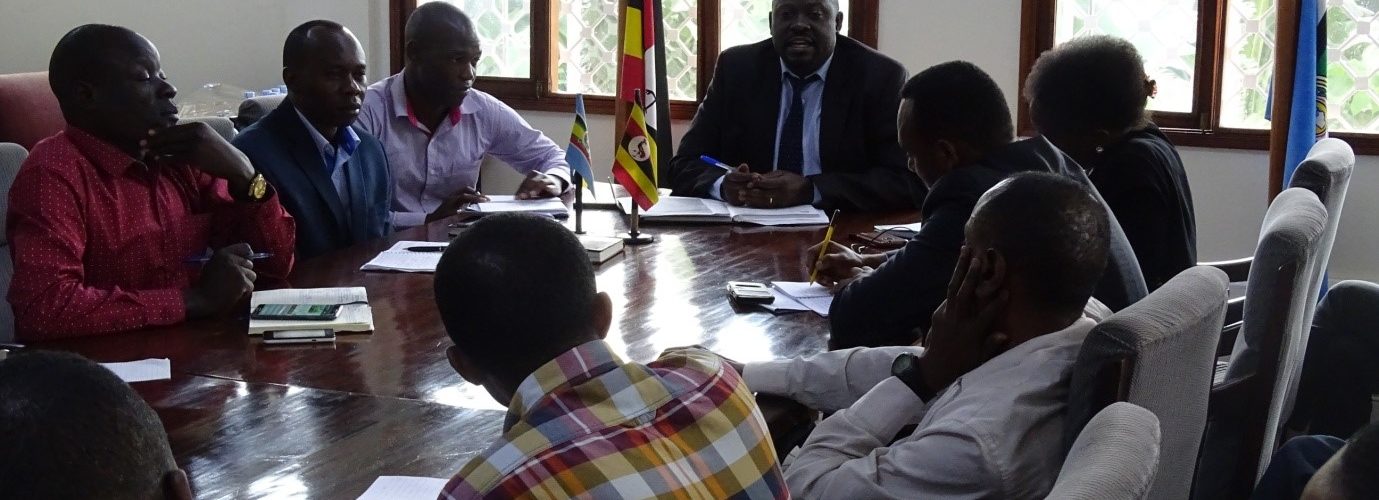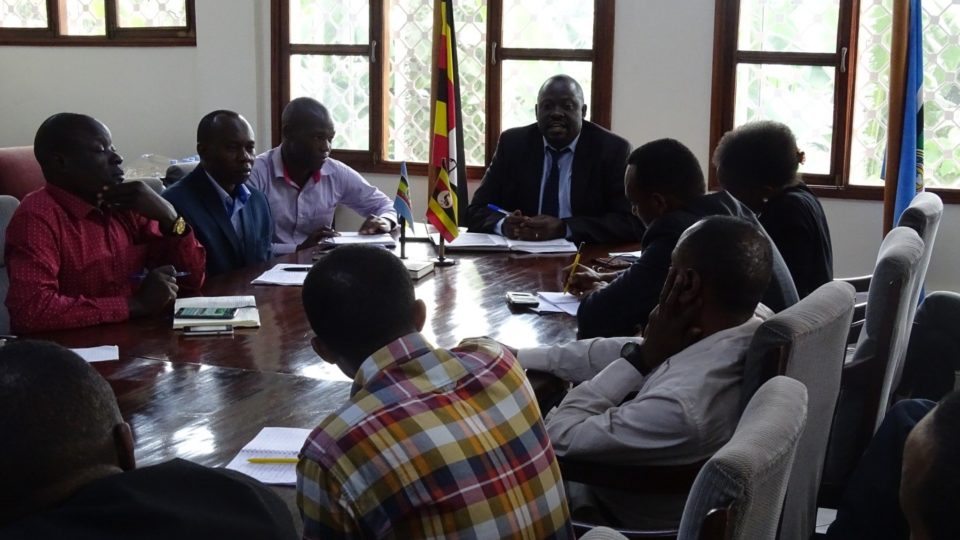A delegation from Ethiopia comprising government officials and other stakeholders took part in a study tour in Uganda from 25th to 29th June 2018 to familiarize themselves with and understand wetland policy processes and legislative frameworks in Uganda. This tour introduced the policy makers and others to Uganda’s wetlands management journey with respect to the wetlands policy, strategy and legislative framework development; institutional and sectoral linkages and community participation for sustainable wetland management in Uganda.

Uganda is one of the pioneer African countries that developed and implemented a wetlands policy and strategy. The policy was adopted in 1995 and since then the policy has been contributing towards wise use of wetlands that resulted in optimal socio-economic and ecological benefits from wetlands for the present and future generation. As such the team was interested in understanding how Uganda has harmonized different sectoral policies and strategies (specifically how the wetland policy, strategy and legislative framework is harmonized with water, environment, agriculture, urban development, biodiversity and protected area management and other policies, strategies and legislative frameworks). It also enabled stakeholders to interact with different stakeholders in wetlands management, informed discussion on the wetland policy and wetland strategies development issues. They also explored Ugandan experience on Ramsar Convention (the implications of Ramsar Ratification on geo-hydro politics/trans boundary water resource use rights).

The delegates toured Kampala and gained a better understanding of the anthropogenic pressures on wetlands as well as the ongoing conservation activities to restore the wetlands and their biodiversity. The team also visited Lutembe wetland (a Ramsar site) to explore how the local community is engaging in wetland management activities and their efforts in working with both the District and National level organizations. The Ethiopian delegates also interacted with the Environmental Police Unit and district level wetland experts and got an important lesson on how they coordinate with each other.
Currently, Ethiopia is facing adverse environmental challenges; Wetlands International is working in the Ziway-Shalla Sub basin which is facing a lot of issues among them; Shrinking of Abijata lake, loss of biodiversity, Anthropogenic & livestock pressure and Land degradation. Of concern is the current lack of an institutional framework to manage and protect wetlands such and Abijatta Lake. It is from this background that wetlands international organized this exchange visit to aid in the process of wetlands management and restoration in Ethiopia. Before the exchange visit various interactions have been held with the government in a bid to sensitize them on the importance of wetlands and ratifying the RAMSAR convention and developing a specific policy strategy for wetland management in Ethiopia.
This study tour was sponsored by Wetlands International (Partners for Resilience II and Climate Resilience Flyway Network Project) and hosted by The Ramsar Center for Eastern Africa (RAMCEA). RAMCEA is a regional centre of excellence started in 2009 as a virtual centre and is currently hosted within the Ministry of Water and Environment, in the Republic of Uganda. It covers Uganda, Kenya, Tanzania, Burundi and Rwanda but seeks to establish links with other interested relevant party and non-party governments in the region such as Djibouti and Ethiopia. And the main goal of the Centre is to “support the Eastern Africa Contracting Parties, non-contracting parties and other stakeholders to improve their capacity to implement the Ramsar Convention in the respective countries and institutions”.
Wetlands International is currently supporting the review of the National Policy for the Conservation of Wetlands and Management of Wetland Resources (NPCMWR).

